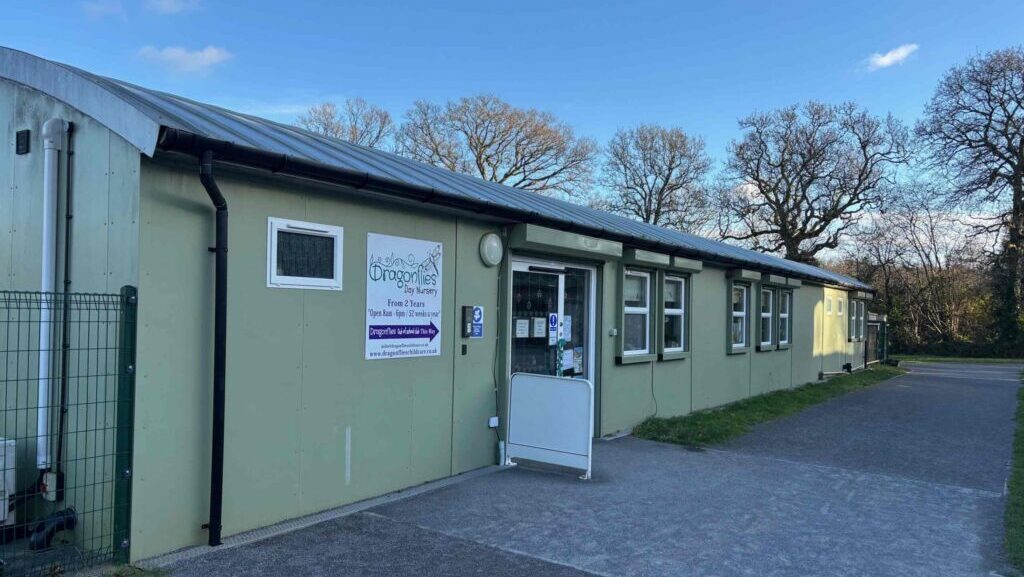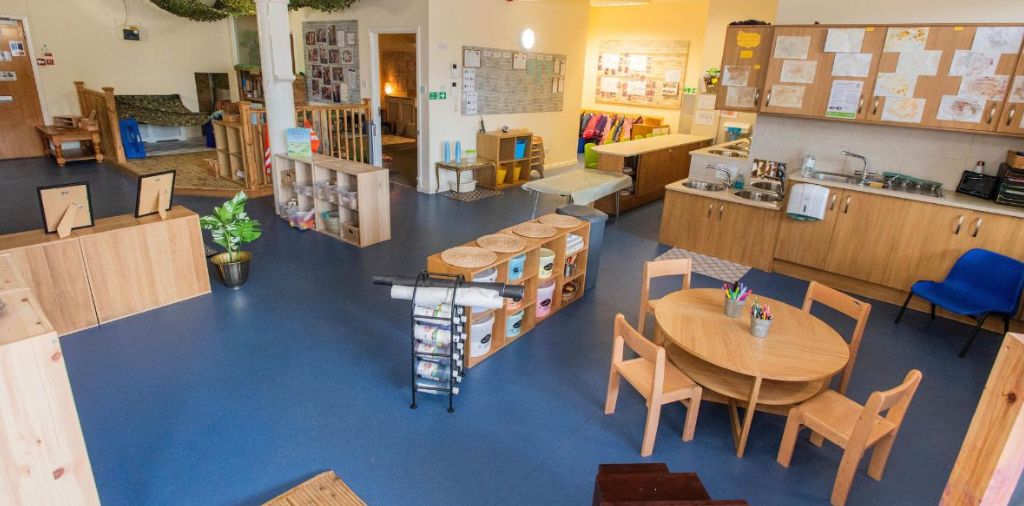The former owner of a group of nurseries is returning to the early years sector with the acquisition of a…
Survey of Childcare and Early Years Providers and Covid-19
The Covid-19 pandemic and subsequent lockdown has resulted in a large amount of change for the childcare sector in England.
The Survey of Childcare and Early Years Providers and COVID-19 (SCEYP COVID) aims to understand how childcare providers have responded to the pandemic, the status of childcare provision and any potential longer-term consequences for the childcare market.
Across the country, a sample of group-based providers (GBPs), school-based providers (SBPs) and childminders (CMs) were invited to complete a 5-10-minute online survey between 2 July and 20 July.
In total, 4,012 providers participated in the study.
Key findings
Operating models
- The majority of providers were open at the time of the survey (94% SBPs, 81% GBPs and 80% CMs).
- Temporarily or permanently closed providers most commonly selected a lack of demand from parents as the reason for closure (46% of SBPs, 51% of GBPs, and 59% of CMs).
- Seventy per cent of open GBPs were open for five days a week at the time of the survey, compared with 95% of open GBPs before Covid-19.
Attendance
- Overall, for GBPs and CMs open at the time of survey, approximately half the average number of three-and four-year old children expected in a typical week attended the childcare setting at the time of the survey. For SBPs, approximately a third of three-and-four-year old children expected in a typical week attended the setting.
Workforce
- Open GBPs had, on average, 11 paid staff before COVID-19, consisting of an average of 6 paid staff working full-time and an average of 5 paid staff working part-time. At the time of the survey, open GBPs had an average of 4 paid staff working full-time and 4 paid staff working part-time.
- Seventy-six per cent (76%) of open GBPs have made use of the Coronavirus Job Retention Scheme (CJRS) at any point, compared to 14% of open SBPs.
Finances
- For GBPs, parent-paid fees made up 50% of their income and for SBPs it made up 10% of their income.
- On average, open SBPs expected to receive £784 per week from parent-paid fees and received £198 at the time of the survey. On average, open GBPs expected to receive £3,644 per week from parent-paid fees and received £1,265 at the time of the survey.
Commenting on the new DfE figures, Neil Leitch, chief executive of the Early Years Alliance, said:
‘For months, we have been warning the government that without greater support, many nurseries, pre-schools and childminders across the country could be forced to close as a result of the pandemic – and now we have the Department for Education’s own research saying the very same thing.
‘What more evidence does the government need before it accepts that urgent action is required if we’re going to have any chance of preventing the sector entering a full-blown crisis? If government research suggested that half of all schools would be forced to close by next summer, there would be an outcry. The idea that any minister can look at figures as stark as this and do nothing absolutely beggars belief.
‘Research study after research study has shown that quality early education is absolutely critical for children’s long-term learning and development. Add to this the vital role that providers play in delivering the care that so many parents and families across the country rely on, and it’s clear that safeguarding the future of the early years sector simply must become a top government priority, before it’s too late.’
Purnima Tanuku OBE, chief executive of National Day Nurseries Association (NDNA), stated: ‘This research from July was at a time of great uncertainty for the sector but it shows some of the damage done by the pandemic. While nurseries and pre-schools were reporting attendance levels around 50% their parental income was just over a third of what was expected.
‘Low demand was the main concern over the summer but now with infection rates rising it is the impact of positive cases and delays in accessing tests which is worrying parents and providers. Higher operating costs at a time where settings are facing reduced demand and potential temporary closures is simply not sustainable without further financial support.
‘Childcare is essential for our economic recovery and providers have been on the frontline of supporting their communities, they should be supported along with other businesses. We need to see urgent support to the sector to ensure children and families can access high quality early education in childcare settings.’
Latest News
Emperor Nurseries has acquired Dragonflies Childcare, an early years setting in Hampshire, in a deal facilitated by specialist business property…
Small nursery group Leaps and Bounds (Scotland) has acquired Abbey Mill Childcare in a deal facilitated by Redwoods Dowling Kerr…




